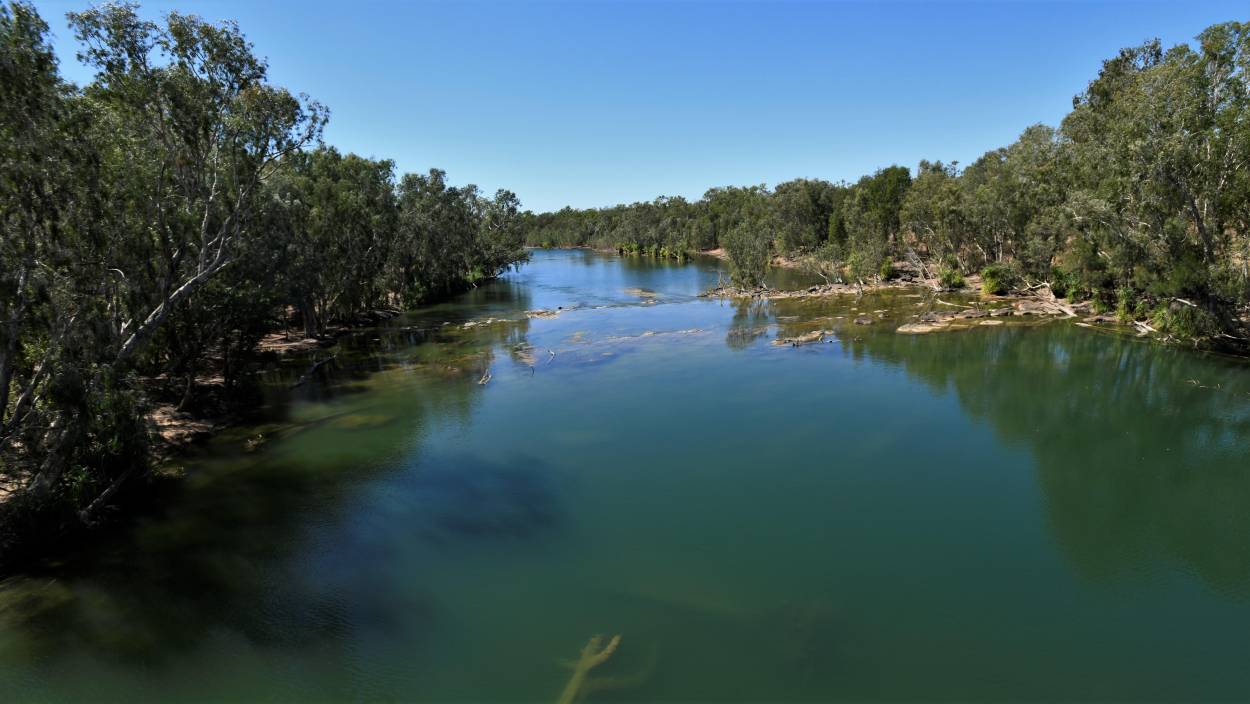Northern Land Council statement on passage of the NT Fisheries Legislation Amendment Bill 2022
Date: Nov 24, 2022
Publication Type: Media Releases
The Northern Land Council welcomes the passage of the Fisheries Legislation Amendment Bill 2022 in the NT Legislative Assembly overnight as the first milestone in the proposed legislative changes.
The legislation amends the Fisheries Act 1988 to recognise Aboriginal rights and interests in sea country across the Top End spelt out by the High Court in its 2008 Blue Mud Bay decision.
NLC Chair, Samuel Bush-Blanasi, acknowledged the significance of the changes and Minister Uibo’s hard work but said there is a lot more still to do.
“This is an important first step,” said Mr Bush-Blanasi. “I want to congratulate Minister Uibo. It’s been a long time coming but finally Traditional Owners are starting to be respected in the Fisheries Act. Before we were just another stakeholder group.”
NLC CEO, Joe Martin-Jard said the changes which acknowledge the cultural and spiritual significance of sea country are a positive development. “Changing the objects of the Fisheries Act to reflect the reality of contemporary ownership arrangements is important symbolically as a first step in the process of legislative reform,” said Mr Martin-Jard.
“Now comes the most important part. This is where the rubber hits the road,” said the NLC Chair. “The Territory Government has a lot of work to do with the recreational and commercial fishers and the guided tour operators. I am excited about seeing the rights of Traditional Owners strengthened in the next lot of changes. This is what we agreed with the Government back in 2020.”
“We are at the start of a new era,” said CEO Joe Martin-Jard. “We agreed back in 2020 that the changes to the Fisheries Act would set up a new best-practice fisheries management body or authority. This is about activating Traditional Owner’s rights and interests in sea country. We want to see expanded pathways for Aboriginal rangers in the compliance and regulation of our aquatic resources and sea country management regimes among a raft of changes in the next tranche of reform. This should include protection and support for Traditional Owner rights.”
“Aboriginal people have been managing land and sea country for sixty thousand years. Now our rights are starting to be recognised and we have a lot to look forward to in the future,” said Mr Bush-Blanasi.
“Everyone benefits when we respect each other.”


